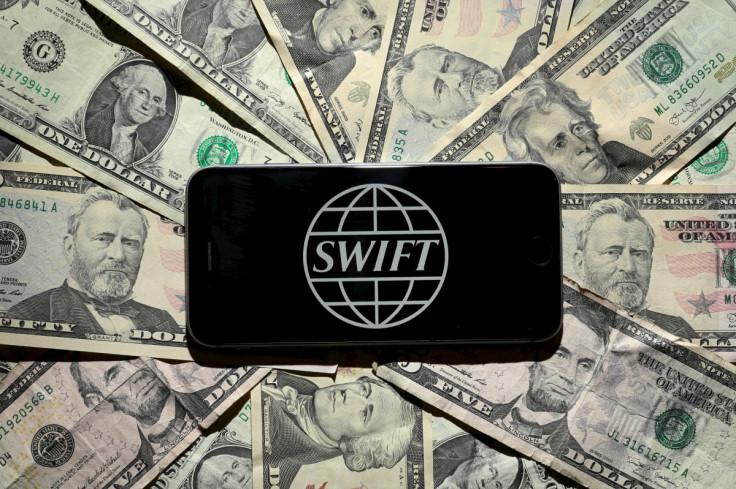SWIFT blockchain research warns of 'unrealistic expectations' and 'little short term payoff'

SWIFT, the banking standards and messaging platform, has released a research paper examining the impact of blockchain technology on the securities transaction life-cycle. The research was gleaned from interviews and focus group meetings with individuals from 75 organisations working in technology and post-trade processing, and prepared by Alistair Milne, from Loughborough University's School of Business and Economics, and Michael Mainelli of Z/Yen Group.
The objective was to assess the potential impact of mutual distributed ledger technology on post-trade processing global securities markets. The research focused on the appropriate access to mutual distributed ledger, whether change would be piecemeal or "big bang", and the extent to which applying mutual distributed ledger in securities settlement would require major changes in business processes.
The paper's abstract states: "Our research finds that while the use of blockchain to validate operational data in mutual distributed ledgers can yield substantial reductions in both cost and risk, the concept of data sharing itself is far from new.
Current interest in mutual distributed ledgers has established significant momentum, but there is a danger of building unrealistic expectations of the extent to which the technology on its own will address the underlying need for co-ordination of business processes both within and between firms.
"Achieving all the potential benefits from mutual distributed ledgers will require board level buy-in to a substantial commitment of time and resource, and active regulatory support for process reform, with relatively little short term pay-off."
Mutual distributed ledgers allow the sharing of agreed and validated data with cryptographic control regarding access and updating rights. Their application could substantially reduce the $40bn (£27.7bn) a year or more of costs in global post-trade processing of securities trades and achieve substantial reductions of costs and risk in other financial services activities.
However, there is a danger of building unrealistic expectations of the extent to which the technology on its own would address the underlying need for coordinated change of business processes both within and between firms. The principal finding of this research is that the full application of blockchain will require substantial re-engineering of business processes across multiple securities market firms.
Co-author Michael Mainelli said: "Strong claims are now being made in financial services and the media about the potential of mutual distributed ledgers to reduce costs and risks enormously, some suggesting that this technology will completely transform financial market operations.
"Deep understanding of the technology, however, lags well behind the hype amongst practitioners, policy makers and industry commentators alike. Blockchain technology seems to promise major benefits for the industry, but few can say exactly how or why."
SWIFT concludes that in practice some benefits of mutual distributed ledgers can be achieved using relatively simpler approaches, such as reducing the substantial costs of reconciliation between the two sides to a trade by recording data at the time of trade execution in a shared bilateral ledger.
Other goals associated with blockchain – the contraction of the settlement cycle to near-real time or the employment of so called 'smart contracts' to remove manual processing – do not require mutual distributed ledger technology at all, said SWIFT in a statement.
Milne added: "The challenge of using mutual distributed ledgers in securities markets is not just in demonstrating technological feasibility, but in achieving the necessary industry coordination to reengineer business processes across securities firms.
"Moving to a blockchain model provides an opportunity for the industry to harmonise business processes, and it may also address the much long-neglected inefficiencies in post-trade processing. However, to realise the full benefits of blockchain will require buy-in from the buy-side, sell-side and regulators."
© Copyright IBTimes 2025. All rights reserved.






















